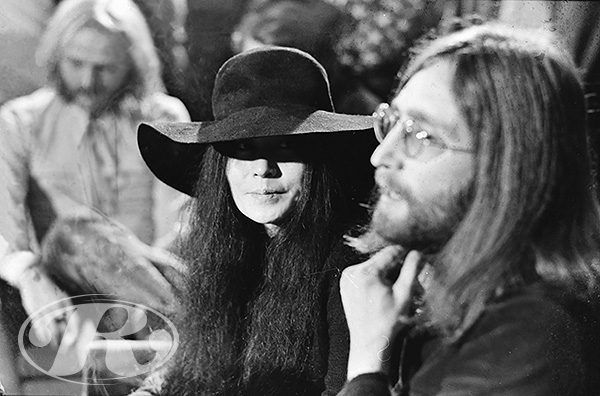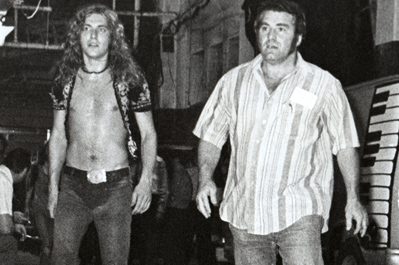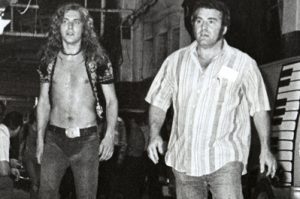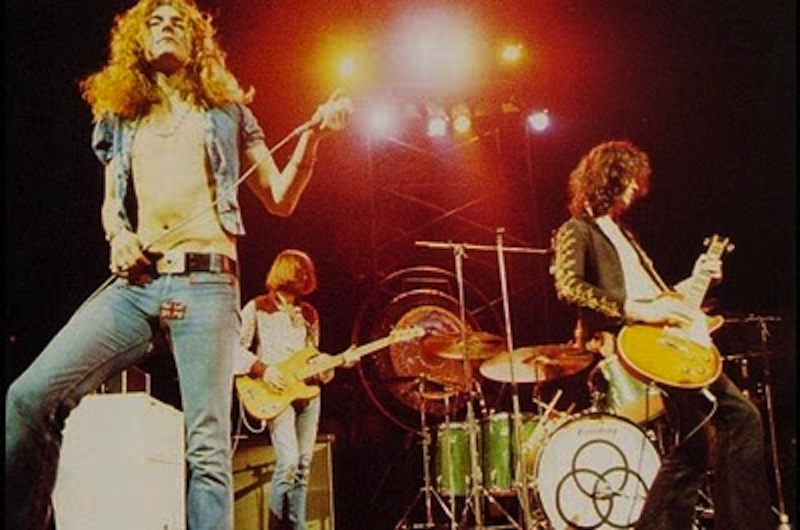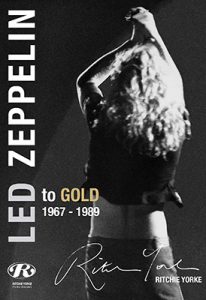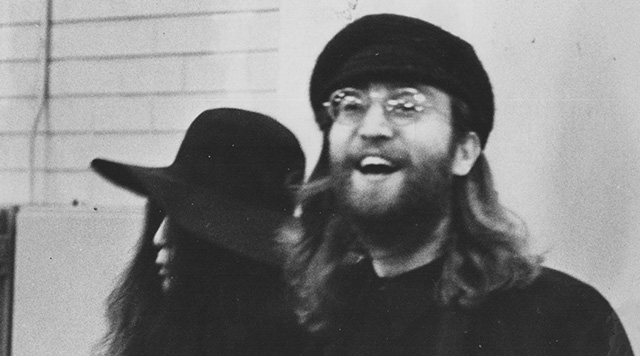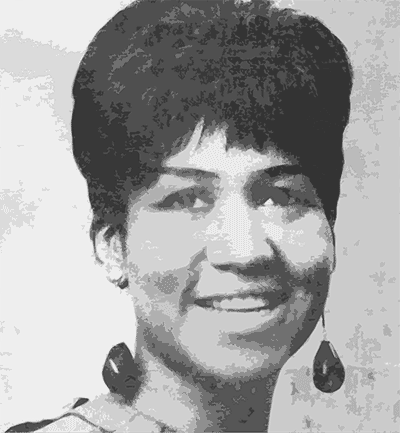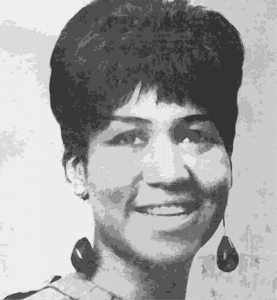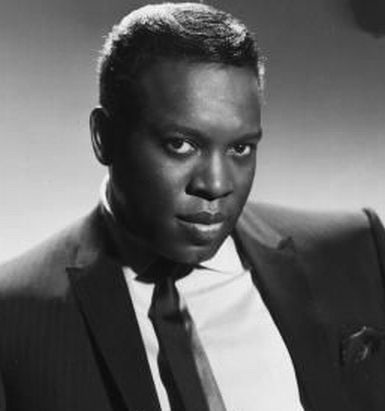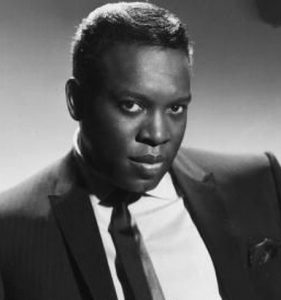It’s common to see large groups of people waiting for hours—even days—to discuss their hopes with Apple. “I’ve been there and seen hundreds of songwriters lined up,” said Barry Gibb, a member of the Bee Gees pop group. “Whenever somebody came out, they all yelled and begged for a chance to see John or Paul. It was really a pitiful scene.”
Gibb also tells a story indicating that Apple has yet to find an effective way of dealing with the egos of young talent. “Paul wanted a song for Mary Hopkin, and he called me up. I sent him one. and he called to tell me he liked it and would use it as a flip side or on the album.
“I told him to forget it. I only write A sides now. It would be humilating to do otherwise.”
Apple is having its problems with Miss Hopkin’s career. The company has received more than 1,500 songs for her, yet an executive admitted only five had been recorded. This is less than half the number of tracks required for the album which Capitol Records, Apple’s North American distributer, has been pleading for. Miss Hopkin. meanwhile, will not talk to the press.
Apple’s main trouble, said one staff member, who didn’t wish to be identified, is disorganization. He mentioned the case of a U.S. magazine which paid $4 000 for an exclusive color shot of the Beatles for a front cover. Then an executive gave prints to other magazines.
Certainly Apple’s press relations leave much to be desired, and possibly may account for the severe criticism of the Beatles by Fleet Street recently. It is almost impossible to interview the Beatles through official channels. Approaches must be made through friends, other pop stars, or girls, and even these rarely succeed.
When I attempted to obtain an interview with John Lennon, I was asked if my newspaper would be willing to pay Lennon for it.
In London you hear many stories about people who had their hopes raised by Apple, only to be disillusioned.
One of them is Clive Williams, 30, a Toronto “management counsellor” who went to London to try to Intel , est Apple in a “really different kind of Canadian furniture enterprise.”
“The first thing 1 did on arrival at London Alt (nut was rush off to Aople, bags in hand.” he said thl* • I “It felt like walking into a sticky, glutinous hall I w • very let down.”
After several days of hanging around, Williams finally saw Derek Taylor, Apple publicist. One of l a\ lor’s remarks to Williams was, “OK, man, but what will all this do for the revolution?” That apparently wh* the climax of Williams’ 4,000-mile trip.
Taylor also reportedly told Williams that Apple has no money.
“1 was sucked in by the promises of Apple being a trading post for venturesome young people who were hamstrung by the Establishment. I spent $500 trying to get Apple’s aid and all I got was abuse.
“It’s an incredibly bad scene. Apple employees don’t want to see anybody, and they do their best to put you down. Taylor was surrounded by a bunch df yes boys, who kept agreeing with everything he said.”
One unhappy employee said the Beatles should hire an experienced businessman to reorganize Apple—grey suit and white . shirt or not. McCartney seems to be aware of this. He tried to interest Lord Beeching former deputy chairman of Imperial Chemical Industries and the man who modernized the British railway system, in taking over Apple.
“I’d like to help the Beatles, as I greatly admire their talent, but it is not an appointment to which I could give total involvement as I see it now,” Lord Beeching said.
One disillusioned Apple consultant said he was disgusted by the lack of sincerity among other employees, though not necessarily the Beatles themselves.
He even suggested that unless there is a radical change in the way things are running at Apple, the Corps might well turn into a corpse.


